Punjab Farmers Continue to Grow Water-Intensive Paddy Variety Despite Concerns
By Rediff Money Desk, New Delhi Jul 02, 2024 14:04
A new survey reveals that farmers in Punjab's stubble-burning hotspots continue to cultivate Pusa 44, a long-duration paddy variety known for its high yield but environmental impact. Despite government efforts to promote short-duration varieties, Pusa 44 remains popular due to its high yield and...
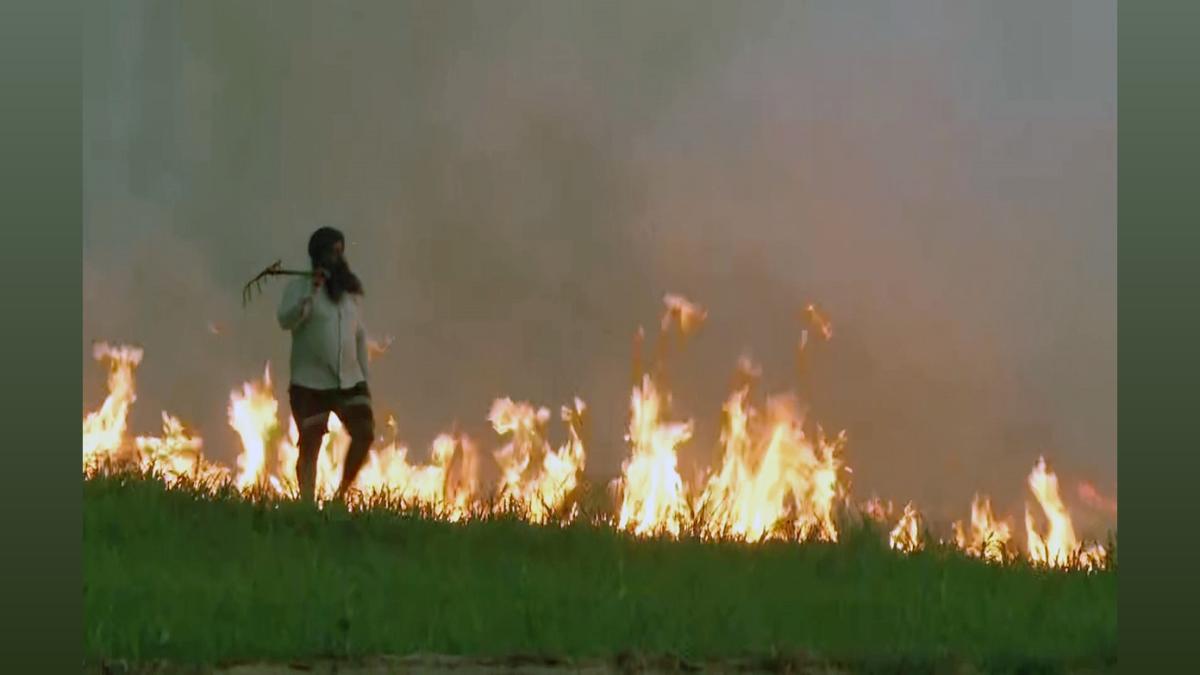
Photograph: ANI Photo
New Delhi, Jul 2 (PTI) Farmers in Punjab's districts with the highest stubble-burning incidents continue to cultivate the long-duration and water-intensive paddy variety Pusa 44, according to a new survey released on Tuesday.
The survey, conducted by researchers from the Delhi-based independent think tank Council on Energy, Environment and Water (CEEW), also found that nearly half of Punjab farmers using in-situ crop residue management (CRM) machines still burn some loose paddy straw to ensure the machines' efficient operation and for pest control.
The CEEW report highlighted that 36 per cent of the 1,478 farmers surveyed in 11 districts of Punjab grew Pusa 44 in Kharif 2022 due to its high yield.
The selected districts -- Amritsar, Bathinda, Fatehgarh Sahib, Fazilka, Firozpur, Gurdaspur, Jalandhar, Ludhiana, Patiala, Sangrur, and SBS Nagar -- accounted for about 58 per cent of the Kharif fires reported in Punjab in 2022.
High-and medium-burn districts, such as Sangrur and Ludhiana, have the highest proportion of Pusa 44 growers.
Although farmers prefer Pusa 44 for its higher yield, current agricultural subsidies for electricity and fertiliser lead them to overlook the crop's environmental impact, said Kurinji Kemanth, Programme Associate at CEEW.
Due to Pusa 44's environmentally harmful characteristics, the state government de-notified the variety in October 2023. However, it remains in circulation primarily through private seed dealers, Kemanth added.
Historically, high-yielding long-duration varieties such as Pusa 44 and Peeli Pusa have dominated Punjab's paddy fields. These varieties take longer to mature, generate excess straw, and require high agricultural inputs, including fertilisers and water.
Pusa 44, for instance, produces almost 2 tonnes of excess straw per hectare compared to its PR (Parmal rice) variants, leading to more residue burning.
Since the early 2010s, the Punjab government has promoted nine short-duration varieties to combat groundwater depletion and stubble burning.
The acreage of these short-duration varieties has drastically increased in Punjab over the last decade from 32.6 per cent in 2012 to 69.8 per cent in 2021.
The survey, conducted by researchers from the Delhi-based independent think tank Council on Energy, Environment and Water (CEEW), also found that nearly half of Punjab farmers using in-situ crop residue management (CRM) machines still burn some loose paddy straw to ensure the machines' efficient operation and for pest control.
The CEEW report highlighted that 36 per cent of the 1,478 farmers surveyed in 11 districts of Punjab grew Pusa 44 in Kharif 2022 due to its high yield.
The selected districts -- Amritsar, Bathinda, Fatehgarh Sahib, Fazilka, Firozpur, Gurdaspur, Jalandhar, Ludhiana, Patiala, Sangrur, and SBS Nagar -- accounted for about 58 per cent of the Kharif fires reported in Punjab in 2022.
High-and medium-burn districts, such as Sangrur and Ludhiana, have the highest proportion of Pusa 44 growers.
Although farmers prefer Pusa 44 for its higher yield, current agricultural subsidies for electricity and fertiliser lead them to overlook the crop's environmental impact, said Kurinji Kemanth, Programme Associate at CEEW.
Due to Pusa 44's environmentally harmful characteristics, the state government de-notified the variety in October 2023. However, it remains in circulation primarily through private seed dealers, Kemanth added.
Historically, high-yielding long-duration varieties such as Pusa 44 and Peeli Pusa have dominated Punjab's paddy fields. These varieties take longer to mature, generate excess straw, and require high agricultural inputs, including fertilisers and water.
Pusa 44, for instance, produces almost 2 tonnes of excess straw per hectare compared to its PR (Parmal rice) variants, leading to more residue burning.
Since the early 2010s, the Punjab government has promoted nine short-duration varieties to combat groundwater depletion and stubble burning.
The acreage of these short-duration varieties has drastically increased in Punjab over the last decade from 32.6 per cent in 2012 to 69.8 per cent in 2021.
Source: PTI
Read More On:
DISCLAIMER - This article is from a syndicated feed. The original source is responsible for accuracy, views & content ownership. Views expressed may not reflect those of rediff.com India Limited.
You May Like To Read
TODAY'S MOST TRADED COMPANIES
- Company Name
- Price
- Volume
- Vodafone Idea L
- 10.03 (+ 9.98)
- 19215578
- Thinkink Picturez
- 1.40 (+ 4.48)
- 10446985
- G G Engineering
- 1.51 ( 0.00)
- 4478169
- GTL Infrastructure
- 1.97 (+ 3.68)
- 4292832
- Monotype India
- 1.20 ( -4.76)
- 2635603
MORE NEWS

JCB Eyes Double-Digit Growth with Stage 5 Ready...
JCB India launches new range of emission norms compliant construction equipment, aiming...
India-EU Trade: Tech, Raw Materials &...
India and the EU are working together to develop cutting-edge technologies, secure...

India Aims for $250 Billion Engineering Exports...
India's $1 trillion export target includes $250 billion from the engineering sector,...




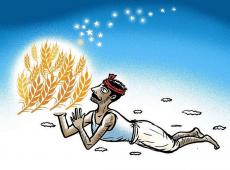
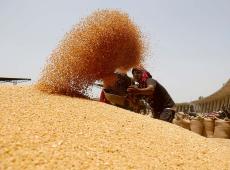
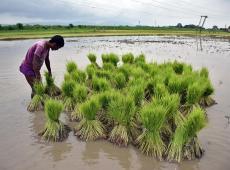
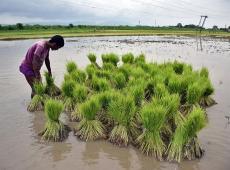
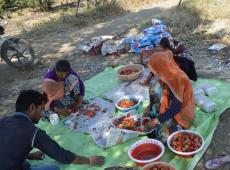
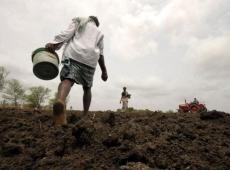

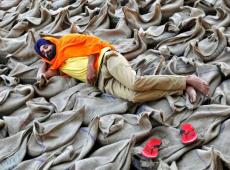
 © 2025 Rediff.com India Limited. All rights reserved.
© 2025 Rediff.com India Limited. All rights reserved.